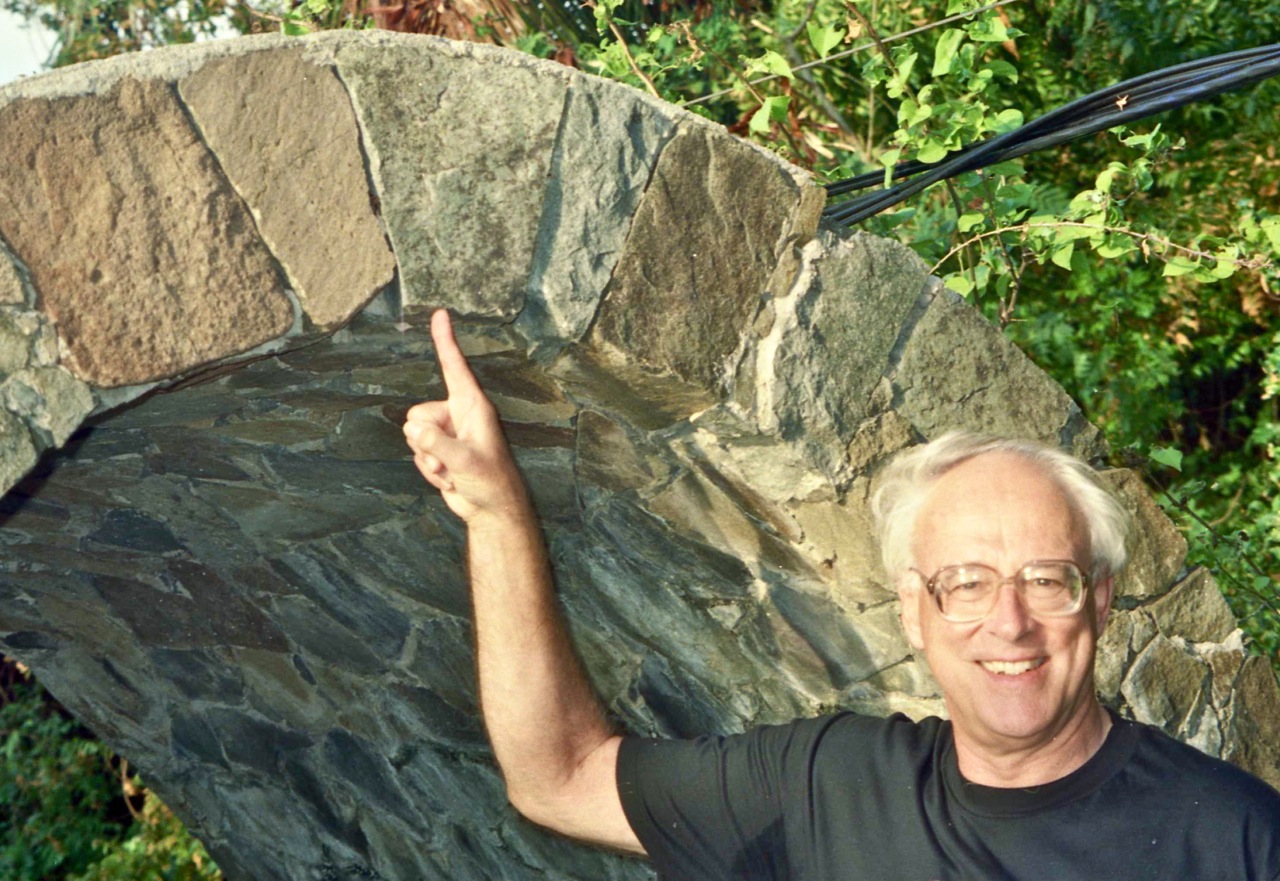
Remembering Bob Paine
Remembering Bob Paine, his deep New England roots, and impacts on the University of Maine
By Bob Steneck
Everyone who knew Bob Paine was saddened to hear of his passing. He was a giant in the field of ecology. If you’ve ever heard of “keystone species” or “trophic cascades,” you’ve learned a bit of his scientific impacts. His academic “family” tree is remarkably accomplished, well known and was the focus of a recent article in The Atlantic. Less well known are his deep New England roots – especially in Maine.
Bob’s full name, Robert Treat Paine, can be found on the Declaration of Independence. His family remained in the Boston area where Bob grew up as a “junior birder” (his term) traveling up the coast of Maine counting and listing birds. After his undergraduate work at Harvard, he left the northeast for a variety of academic and military adventures before settling into the University of Washington.
Early in Bob’s academic career, he met Bob Vadas. Bob V. was a graduate student fresh out of the military and was looking for projects involving algae. The classic papers of Paine and Vadas 1969 launched Bob Vadas’s career at the University of Maine and got the scientific community thinking about how consumers affect the diversity of species in natural communities. In 1974, I began my MS research at the University of Maine and learned of the new school of ecology pioneered by Bob Paine.
A debate about the relative importance of predators vs. competitors brought Jeremy Jackson and Bob Paine together on Tatoosh Island on the outer coast of Washington (ca 1977). There, Bob showed Jeremy coralline algal crusts in apparent competition but Bob was unable to identify them. Jeremy suggested Bob contact me. As a result, I received a hand-written letter that I will never forget, from Bob Paine. Bob invited me to work with him on Tatoosh. It was like being summoned to Olympus by Zeus.
I worked with Bob on Tatoosh Island from 1978-1984 on his studies of coralline competition and herbivory. When I applied to the University of Maine for a faculty position in 1981, Bob Paine wrote a letter of support for me. Over the decades, he visited the University of Maine several times. He described it as a “nostalgic city” because it reminded him of his junior birder years. Even when his eyesight was failing, he could identify Maine birds flawlessly.
While Bob is well known as a thought leader in the field of ecology, he also helped myriad students all over the world discover the magic of ecology. He also helped to mentor and advance the career of two long-time faculty at the University of Maine. Although I tried many times, I could never thank him enough for all he did.
